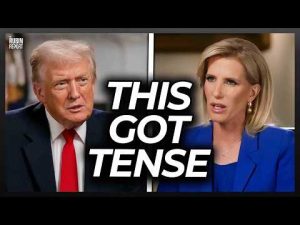Piers Morgan’s on-air mea culpa to Novak Djokovic this week is the kind of rare honesty we haven’t seen enough of from the mainstream press. In a preview of the Piers Morgan Uncensored interview, Morgan said he wanted to apologize for the “intemperate language” he used during the height of the COVID panic, and Djokovic accepted the gesture with courtesy and calm. That exchange — one broadcaster admitting he was wrong and one public figure accepting an apology — should be headline news for anyone tired of permanent public shaming.
Let’s not forget why this matters: Djokovic was pilloried and ultimately deported from Australia in January 2022 after a bureaucratic and media-fueled meltdown over vaccine rules, an ordeal that cost him the chance to compete and left lasting scars on his reputation. The facts of that episode are well documented — chaotic government decisions, contradictory medical exemptions, and a media that rushed to moralize without the full picture. If Piers Morgan’s apology signals even a small recalibration by the press, it’s a welcome reminder that truth and due process still matter.
Conservatives have been warning for years about the rush to cancel and convict people in the court of public opinion, and this is a perfect example. Morgan himself once branded Djokovic a “liar and cheat,” and the fact that he now says he “over-egged the rhetorical souffle” proves that the media’s moral certainty during the pandemic was often just that — certainty without full information. It’s vindication not just for Novak, but for anyone who resisted the mob mentality and stood for individual liberty.
Djokovic used the moment to reiterate what many forget: his position during COVID was about personal freedom and choice, not an anti-vaccine crusade, and he framed his decisions around his own health, research, and prior infection. That distinction matters for every American who values bodily autonomy and sensible debate over coerced conformity. If the media wants to rebuild trust, start by admitting mistakes, stop weaponizing outrage, and let people live without fear of permanent exile from public life.







